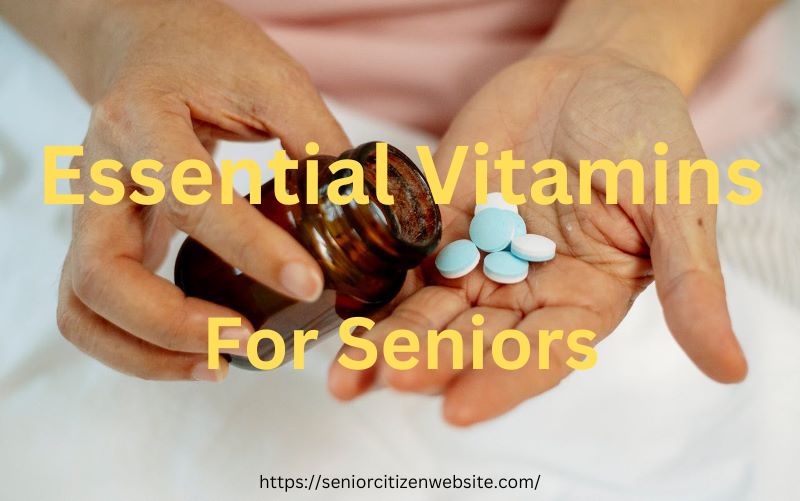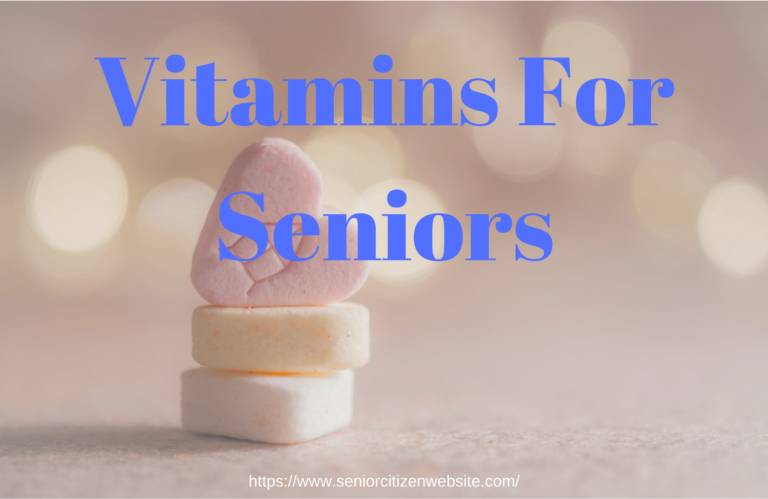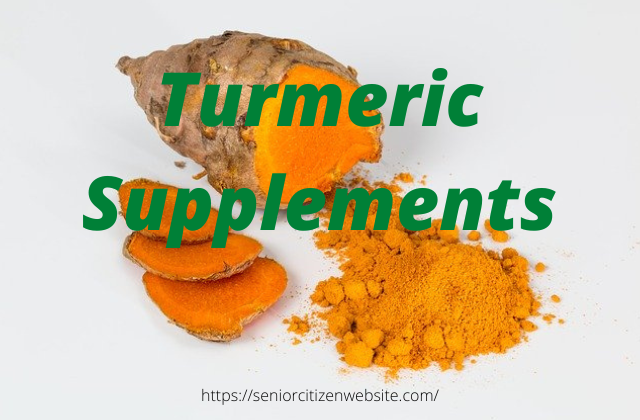13 Essential Vitamins – And The Facts For Seniors
Vitamins have become a necessary part of most seniors daily modern lifestyles. However, supplements add an extra cost to the average shopper’s grocery bill, so it’s no wonder that seniors want to focus on only taking the vitamins that they have to take.
Let’s look at the 13 essential vitamins, and how they help you stay healthy.
Essential Vitamins
The first 4 essential vitamins are Vitamins A, D, E, and K. These 4 vitamins are stored in the fatty tissues found throughout the body.
Vitamin A is responsible for the health of your teeth, gums, hair, bones, and skin among other features. Some studies seem to suggest that Vitamin A can also help prevent lung cancer.
Vitamin D also helps to develop and keep your bones and teeth strong and aids the body in absorbing calcium.
Vitamin E is one of the most important antioxidants that your body can get, and helps maintain your red blood cells, muscles, and fatty acids.
Finally, Vitamin K helps your blood clot better. Pretty simple, but extremely essential.
The other 9 of the 13 essential vitamins are water-soluble. This means that they don’t get stored in your body for usage later. Instead, excess or unused vitamins are flushed into your urine. Hence, these 9 water-soluble essential vitamins have to be replenished daily. The only exception to this is Vitamin B12, which is stored in your liver.
Vitamin C may be the most well-known vitamin, and for good reason, It gives your immune system a huge boost, allowing you to better fend off the bevy of viruses you’ll encounter. It also aids your body in healing wounds and strengthens your blood vessel walls.
Vitamin B1 (also called Thiamine) is important for aiding your nerve cells and functions. More importantly, it aids in metabolizing and converting carbohydrates into energy. Vitamin B2 (Riboflavin) supports vision and also helps your metabolism.
Vitamin B3 (Niacin) helps to lower cholesterol and like the previous two vitamins aids in your metabolism. Vitamin B5 (Pantothenic Acid) can also aid in metabolizing energy, but even better, it can help to keep your blood sugar levels stable.
Vitamin B6 (Pyridoxine) helps your body metabolize proteins and carbohydrates and aids in the release of said metabolized energy. It also helps your body create red blood cells. Vitamin B7 (Biotin) also aids in metabolism.
Vitamin B9 (Folic Acid) and Vitamin B12 (Cobalamin) help your body create RNA and DNA. B9 also helps prevent birth defects.
How do you replenish these Vitamins?
With the four vitamins that are stored in your fatty tissue, you only have to eat a balanced diet on a weekly or bi-weekly basis.
Most of them are stored in foods that are commonplace in a normal diet, such as eggs, milk products, and fish.
However, if you eat a large amount of processed food including meals at fast food joints and lower-end restaurants, You should highly consider making changes to your diet or buying supplements.
You can have a look at some of the best supplements that are recommended and find where to buy supplements online on this page I wrote about that subject.
I personally take a few supplements although I most of the time eat fairly healthy. I take, however, only the ones that offer great value at an affordable price.
Edward
About the Author: Eddie Vandam
Eddie Vandam is a proud senior and retired internet marketer who now dedicates his time to helping others age well. As the voice behind the Senior Citizen Website, he shares practical advice on staying healthy, independent, and informed. From product reviews to wellness tips and hobbies that keep life interesting, Eddie writes with real-world experience and a passion for making senior life easier and more enjoyable.👉 Read more about Eddie Vandam.







